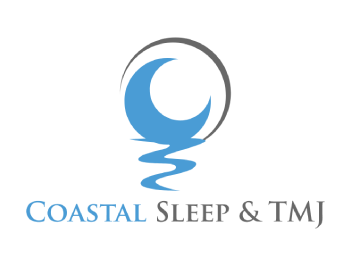Dental sleep medicine focuses on the management of sleep-related breathing disorders, such as snoring and obstructive sleep apnea (OSA). These disorders can significantly impact one’s quality of life and overall health. Dentists trained in this field collaborate closely with sleep physicians to provide comprehensive care. They use oral appliances designed to help patients maintain an open airway during sleep, thereby improving sleep quality and reducing associated health risks.

What Is Dental Sleep Medicine?
Dental sleep medicine is a specialized area of dentistry that involves the use of oral appliances to treat sleep disorders. These devices are designed to keep the airway open, preventing interruptions in breathing that can cause snoring and OSA. Dentists who practice dental sleep medicine undergo additional training to understand the complexities of sleep disorders and the most effective treatment options.
Oral appliances used in dental sleep medicine are custom-fitted to the patient’s mouth, ensuring both comfort and effectiveness. These devices are often recommended for patients who cannot tolerate continuous positive airway pressure (CPAP) therapy, which is a common treatment for OSA. Oral appliances are also a viable option for those who prefer a less invasive treatment method.
Types of Oral Appliances
There are several types of oral appliances used in dental sleep medicine, each with its unique function and design. Some of the most common types include:
- Mandibular Advancement Devices (MADs)
- Tongue Retaining Devices (TRDs)
- Hybrid Appliances
Mandibular Advancement Devices (MADs) work by moving the lower jaw forward. This forward movement helps keep the airway open during sleep, reducing the risk of airway collapse. MADs are adjustable, allowing for fine-tuning to achieve the best results for each patient. Tongue Retaining Devices (TRDs) hold the tongue in a forward position. This prevents the tongue from falling back into the throat and blocking the airway.
TRDs are particularly useful for patients whose primary issue is tongue-related airway obstruction. Hybrid Appliances combine features of both MADs and TRDs. These devices offer a more comprehensive approach to keeping the airway open by addressing both jaw and tongue positioning. Hybrid appliances are often recommended for patients with complex airway obstruction issues.
Benefits of Dental Sleep Medicine
Dental sleep medicine offers numerous benefits for patients suffering from sleep-related breathing disorders. Improved sleep quality is one of the most significant benefits of dental sleep medicine. When patients can breathe easily throughout the night, they experience fewer interruptions in their sleep cycle. This leads to more restful and restorative sleep, which is essential for overall health and well-being.
Reduced snoring is another key benefit. Snoring can be disruptive not only for the person who snores but also for their sleeping partner. By keeping the airway open, oral appliances can significantly reduce or eliminate snoring, leading to a quieter and more peaceful night’s sleep for everyone involved.
Better overall health is closely linked to improved sleep quality. Chronic sleep deprivation and untreated sleep disorders can lead to a range of health issues, including high blood pressure, diabetes, and obesity. By addressing the underlying cause of these sleep disruptions, dental sleep medicine can help mitigate these risks and promote better health. Increased energy levels and enhanced cognitive function are also notable benefits.
When patients get the restorative sleep they need, they wake up feeling more refreshed and alert. This translates to better performance at work or school and an overall improvement in quality of life. Additionally, treating sleep-related breathing disorders can lower the risk of cardiovascular disease. OSA, in particular, is associated with an increased risk of heart attack, stroke, and other cardiovascular issues. By ensuring that patients can breathe properly during sleep, dental sleep medicine helps protect heart health.
